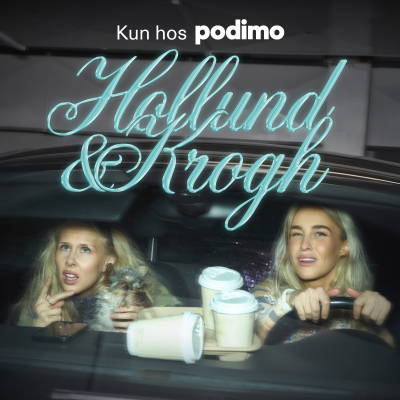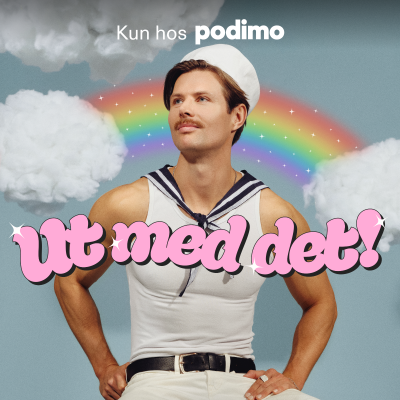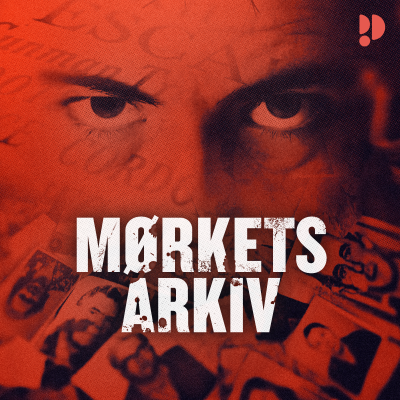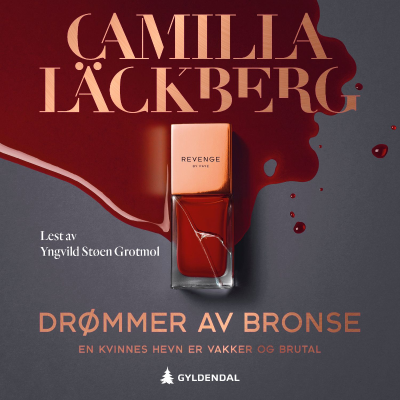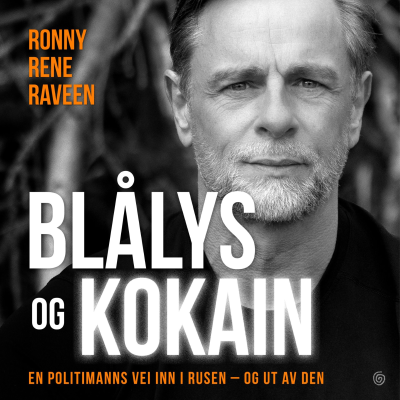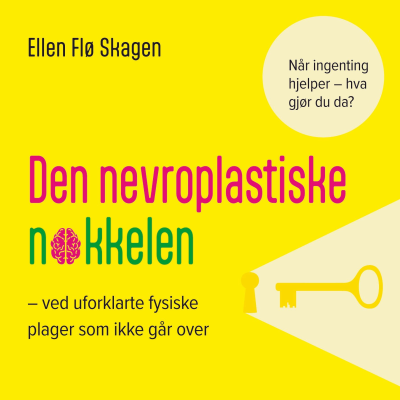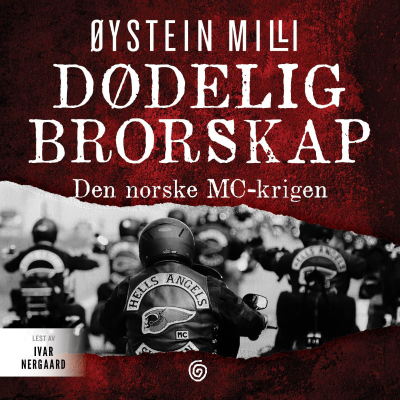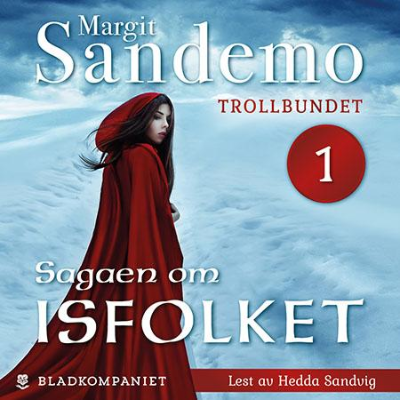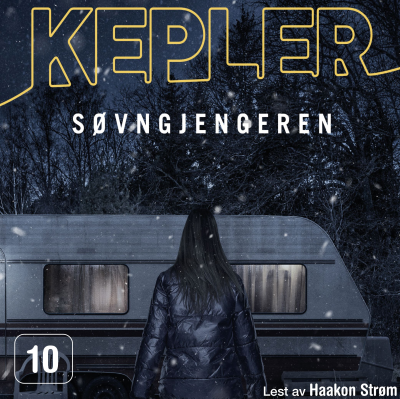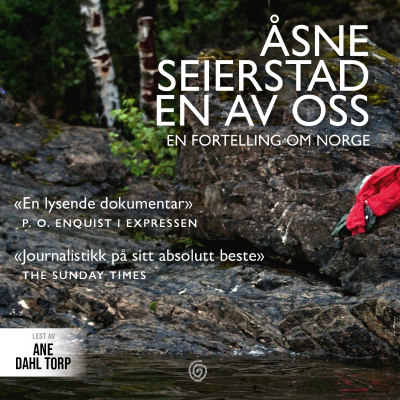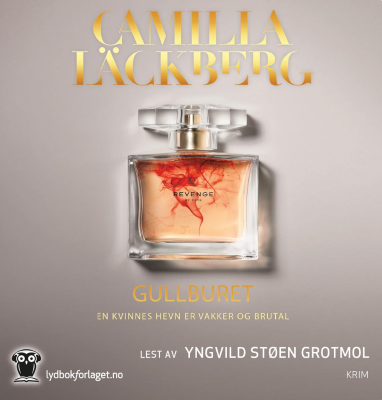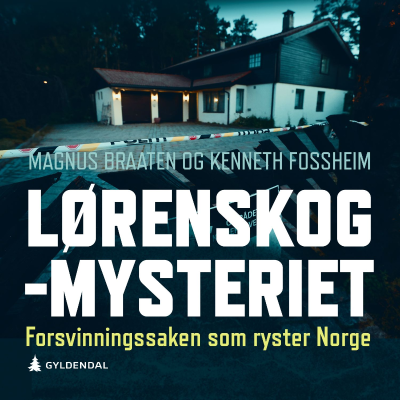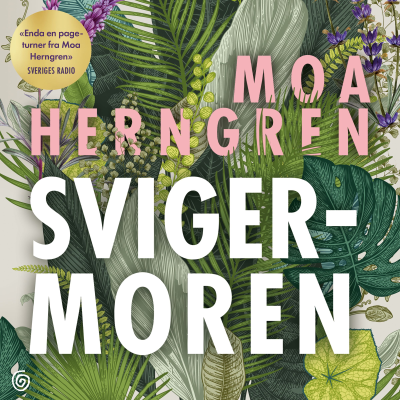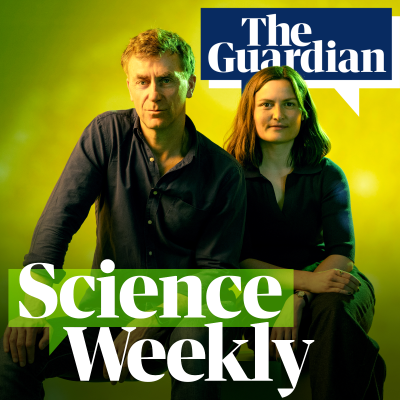
Science Weekly
engelsk
Teknologi og vitenskap
Prøv gratis i 14 dager
99 kr / Måned etter prøveperioden.Avslutt når som helst.
- 20 timer lydbøker i måneden
- Eksklusive podkaster
- Gratis podkaster
Les mer Science Weekly
Twice a week, the Guardian brings you the latest science and environment news
Alle episoder
884 EpisoderWhat bots talk about when they think humans aren’t listening
In late January a new social media site took a certain corner of the internet by storm. Moltbook was conceived as a space where AI assistants could let off steam, chat and compare notes on their bosses, but it quickly became the focus of breathless claims that the singularity had arrived as the bots started badmouthing their humans and plotting an uprising. So what’s the truth about Moltbook? Madeleine Finlay hears from Aisha Down about what it tells us about AI, and about us.. Help support our independent journalism at theguardian.com/sciencepod [https://www.theguardian.com/sciencepod]
Jeffrey Epstein and the scientists
The release of the latest batch of documents relating to the late child sex offender Jeffrey Epstein has shed further light on his close relationship with the world of science. To find out why he cultivated scientists and where his interests lay, Ian Sample hears from Dan Vergano, a senior editor at Scientific American.. Help support our independent journalism at theguardian.com/sciencepod [https://www.theguardian.com/sciencepod]
‘Everything is quagga mussel now’: can invasive species be stopped?
On a recent trip to Lake Geneva in Switzerland, biodiversity reporter Phoebe Weston witnessed the impact of one of the planet’s most potent invasive species, the quagga mussel. In just a decade the mollusc, originally from the Ponto-Caspian region of the Black Sea, has caused irreversible change beneath the surface of the picturesque lake. While ecologists believe invasive species play a major role in more than 60% of plant and animal extinctions, stopping them in their tracks is almost impossible. Phoebe tells Madeleine Finlay how invasive species spread, how conservationists are trying combat them and why some think a radical new approach is needed.. Help support our independent journalism at theguardian.com/sciencepod [https://www.theguardian.com/sciencepod]
Why are women turning to testosterone?
Just like men, women are increasingly being told by online influencers that the classic symptoms of middle age could be down to low testosterone. In the second part of this miniseries exploring the hormone, Madeleine Finlay finds out what testosterone supplementation is doing for women. She hears from science journalist Linda Geddes, who is taking testosterone for low libido, and from prof Susan Davis, a consultant endocrinologist and head of the Monash University Women’s Health Research Programme. Susan explains what the evidence really shows about the benefits and risks of women taking testosterone. Help support our independent journalism at theguardian.com/sciencepod [https://www.theguardian.com/sciencepod]
Are men being misled over testosterone?
If TikTok influencers are to be believed, testosterone, or T, is the answer to everything from fitness frustrations and fatigue to low libido. But doctors are warning that social media misinformation is driving men to seek testosterone therapy that they don’t need. This in turn comes with risks for health and fertility. In part one of a miniseries exploring the popularity of testosterone, Madeleine Finlay hears from Prof Channa Jayasena of Imperial College London, who is chair of the Society for Endocrinology, about how this craze is manifesting in NHS clinics, and from ‘Sam’ who tells Madeleine about his own journey with the hormone. Help support our independent journalism at theguardian.com/sciencepod [https://www.theguardian.com/sciencepod]
Velg abonnementet ditt
Premium
20 timer lydbøker
Eksklusive podkaster
Gratis podkaster
Avslutt når som helst
Prøv gratis i 14 dager
Deretter 99 kr / måned
Premium Plus
100 timer lydbøker
Eksklusive podkaster
Gratis podkaster
Avslutt når som helst
Prøv gratis i 14 dager
Deretter 169 kr / måned
Prøv gratis i 14 dager. 99 kr / Måned etter prøveperioden. Avslutt når som helst.





